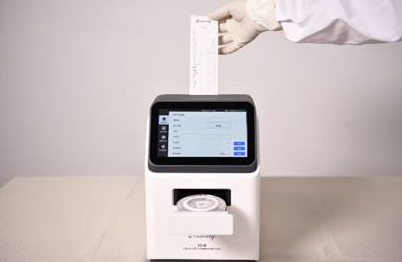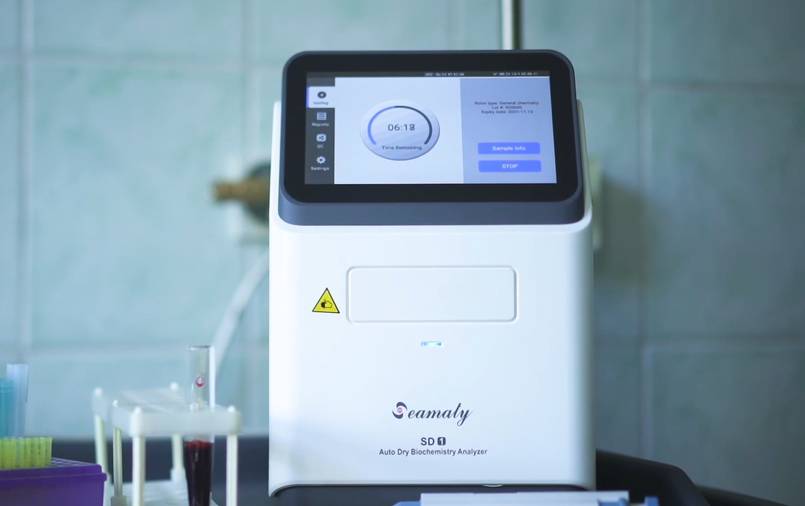release time:2023-09-12 11:45:40
A dry chemistry analyzer is a machine that is used to analyze the chemical composition of a sample. It uses principles of thermodynamics and diffusion to measure concentrations of various molecules in a sample. This article will provide an overview of how dry chemistry analyzers work, as well as some applications for which they are commonly used.
Another benefit of the dry chemistry analyzer is its high degree of accuracy. This accuracy is due in part to the fact that the dry chemistry analyzer uses multiple methods to analyze samples, which helps to reduce errors. Additionally, the dry chemistry analyzer has been specifically designed to minimize contamination.
Finally, the dry chemistry analyzer requires very little maintenance. This is because the dry chemistry analyzer uses very few moving parts, which reduces the need for regular maintenance and repairs. Additionally, the dry chemistry analyzer is designed to be used in a wide range of environments, including both clean and dirty lab settings.
5. Where can you find more information about the dry chemistry analyzersTo access additional information about dry chemistry analyzers, consider exploring market research websites, business journals, and related publications. Contacting companies specializing in this equipment can provide detailed market insights. Additionally, attending industry-specific trade shows and conferences can offer valuable knowledge about dry chemistry analyzers.
While dry chemistry analyzers offer numerous benefits, they are not without drawbacks. Operator error can lead to inaccurate results and sample contamination. Regular maintenance and calibration are crucial to their proper functioning, as neglecting these aspects can result in unreliable or hazardous outcomes. Clinical laboratories should carefully assess these risks and benefits before purchasing dry chemistry analyzers.

2022-05-31
Point⁃of⁃Care Testing (POCT) is a test that is performed at the site of sampling and uses a portable analytical instrument and accompanying reagents to obtain rapid results. The earliest reported use of POCT dates back to a papyrus document from 1550 BC. This document describes the use of ants by Egyptian physicians to determine if a patient has diabetes.

2022-03-21
On March 2, 2022, the White House released a COVID-19 strategy called the "National COVID-19 Preparedness Plan" to guide the United States into "New Normal "The plan has four main objectives.

2021-10-19
Clinical testing is testing in hospitals, and POCT testing can be performed in emergency rooms, wards, operating rooms, monitoring rooms, and other locations. It complements and coordinates with clinical testing laboratory tests. They work together to serve the diagnosis and treatment of patients.